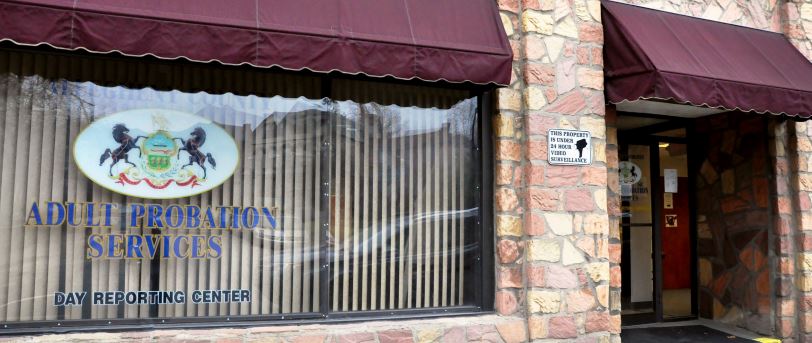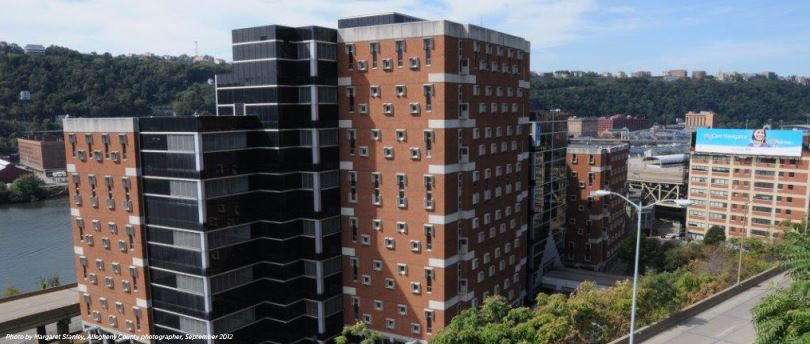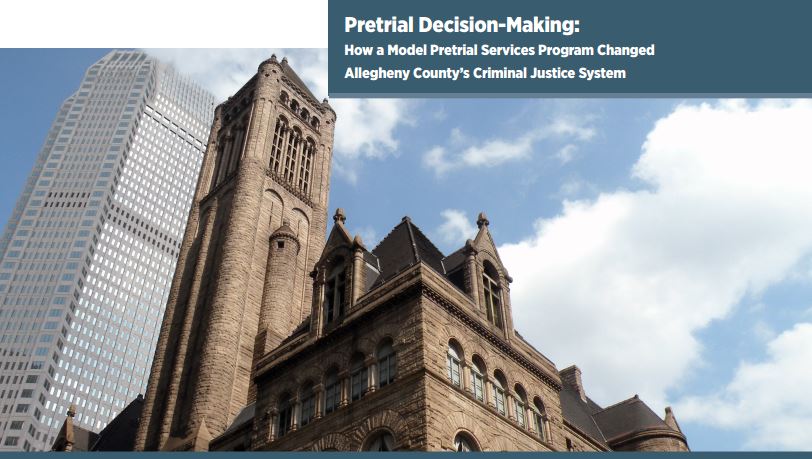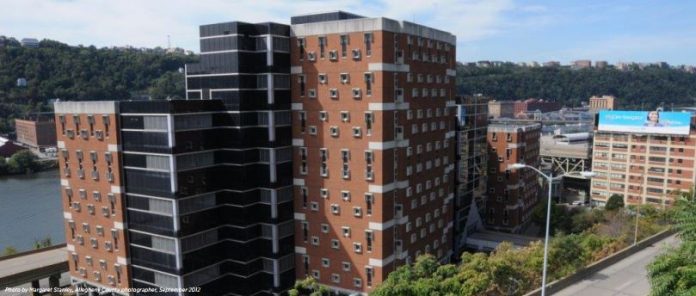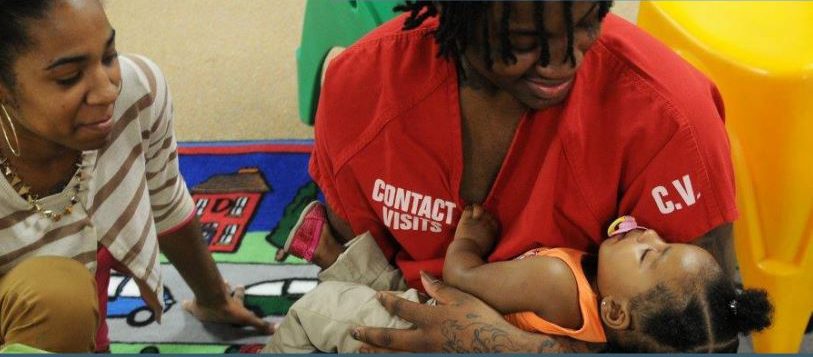The Allegheny County Department of Human Services (DHS) worked with Adult Probation to conduct a cost–benefit analysis of Day Reporting Centers (DRC) for offenders who have re-entered the community. The analysis examined three groups of offenders (low-risk, medium-risk and high-risk) participating in employment search and community services at the DRCs from March 2011 through January 2013 and compared them to matched control groups of offenders supervised through a traditional field office. When examining re-offending, medium-to-high-risk participants in the DRC had much lower rates of re-booking and convicted violations than the control groups, while low-risk offenders had relatively similar rates to the control group. This result supports the research literature that states that more intense supervision of low-risk offenders does not yield positive benefits.
